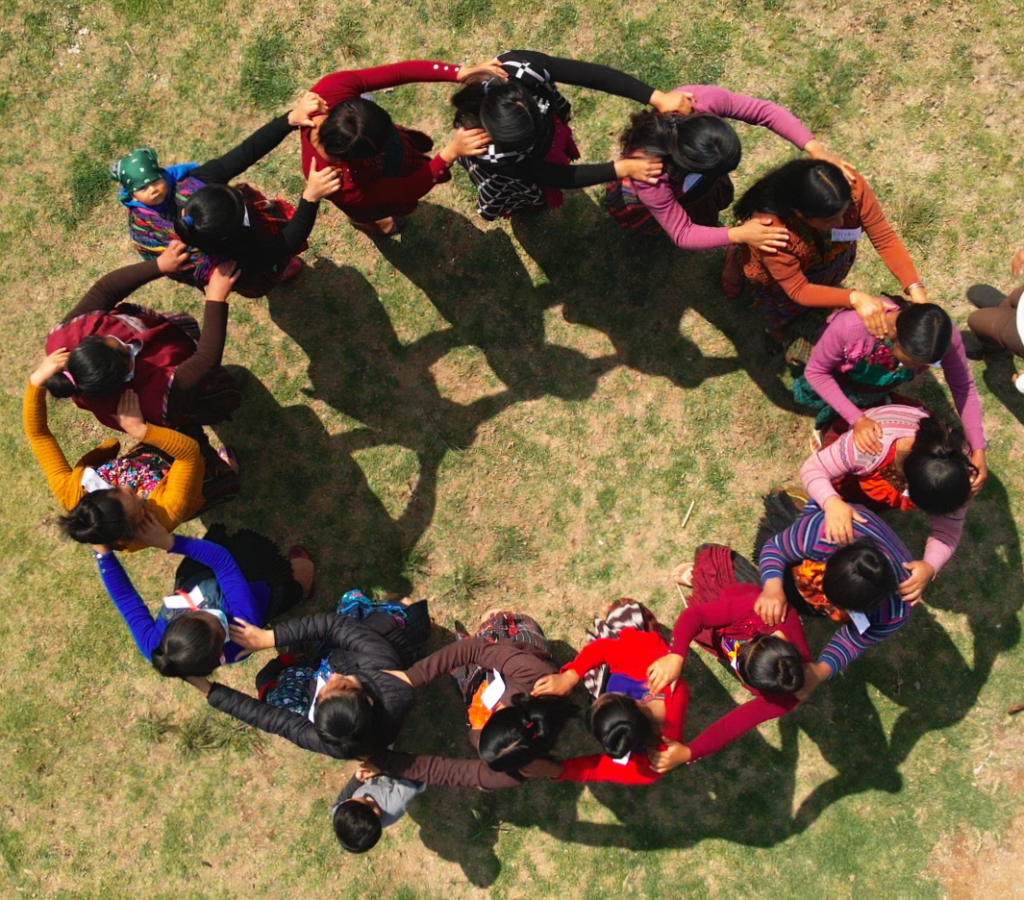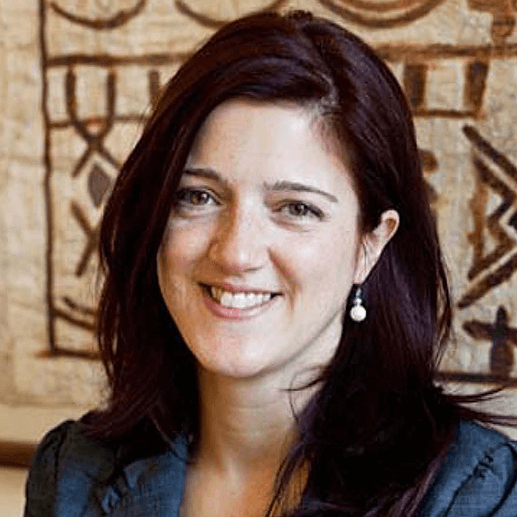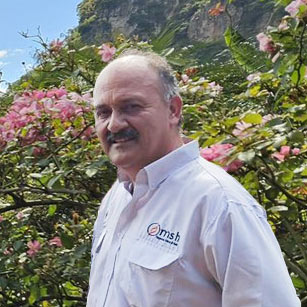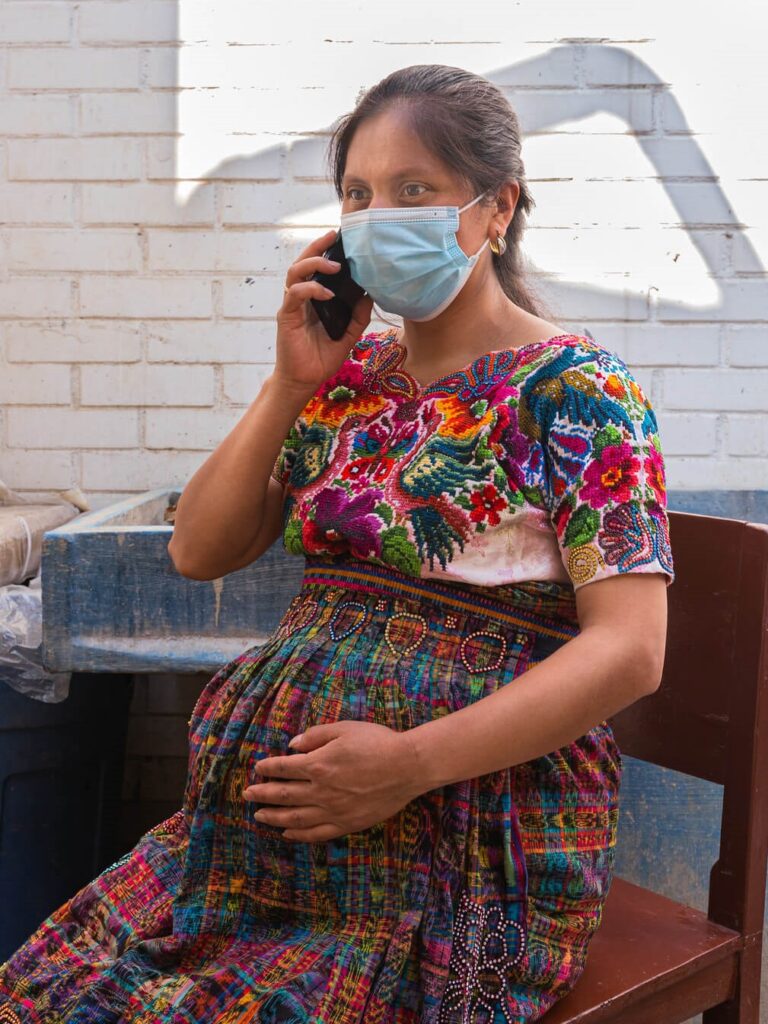International Conference on Family Planning 2025
MSH at the International Conference on Family Planning 2025
November 1–6, 2025 | Bogotá, Colombia

Equity in Action: Advancing Community-Centered Sexual and Reproductive Health in Latin America
This November 1-7, connect with Management Sciences for Health (MSH) at the seventh International Conference on Family Planning 2025 (ICFP) in Bogotá, Colombia. ICFP 2025 will unite leaders, advocates, and innovators from across the sexual and reproductive health and rights (SRHR) community to exchange ideas, forge partnerships, and drive progress toward achieving and safeguarding SRHR for all. MSH’s delegation will share our community-driven solutions that improve access to family planning and maternal health services for Indigenous women and adolescents across Latin America and join powerful advocacy conversations about the future of financing advocacy for family planning and SRHR.
Our Delegation

Senior Technical Director, Health Policy, & Advocacy

Project Director, Utz’ Na’n, Guatemala
Meet us at these sessions
- Amy will be participating at the Advocacy And Accountability Post-conference: From Dialogue To Action: Reimagining The Financing Advocacy Blueprint For FP/SRHR | November 07, 202508:00 – 13:00 (America/Bogota); Venue : Hilton Cerro I & II
- Meet Gustavo at the WHO/IBP Program Implementation Pre-conference: Soluciones Centradas En Las Comunidades Para El Acceso A Servicios Integrales De Salud Sexual Y Reproductiva (SSR) En América Latina Y El Caribe (ALC) | November 02, 2025, 08:00 – 17:00 (America/Bogota); Venue : Ágora IBP Program Implementation Room
Our Guatemalan partner, the Observatorio de Salud Sexual y Reproductiva (OSAR) will also be discussing accountability and policy leadership to protect women’s and girls’ rights.
- Sexual Violence And Forced Maternity Among Girls In Guatemala | November 05, 202510:20 – 11:40(America/Bogota)

Utz’ Na’n in Guatemala
In Guatemala’s Western Highlands, Indigenous women are 30% more likely to die during pregnancy or childbirth than non-Indigenous women. Cultural and linguistic barriers, discrimination, and limited quality care drive this inequity.
Utz’ Na’n collaborations with comadronas (traditional midwives), local partners like OSAR, and the Ministry of Health aim to:
- Promote early antenatal care and continuity across pregnancy
- Integrate nutrition and family planning across the first 1,000 days
- Improve facility readiness and cultural relevance of care
- Strengthen policy and financing for sustainability

Key Results
The findings demonstrate that when healthcare systems honor traditional practices while strengthening clinical quality, Indigenous women respond—increasingly seeking care and reporting high satisfaction with the services they receive.

women reached through group ANC

comadrona referrals to health facilities

comadronas engaged across four departments

health providers trained